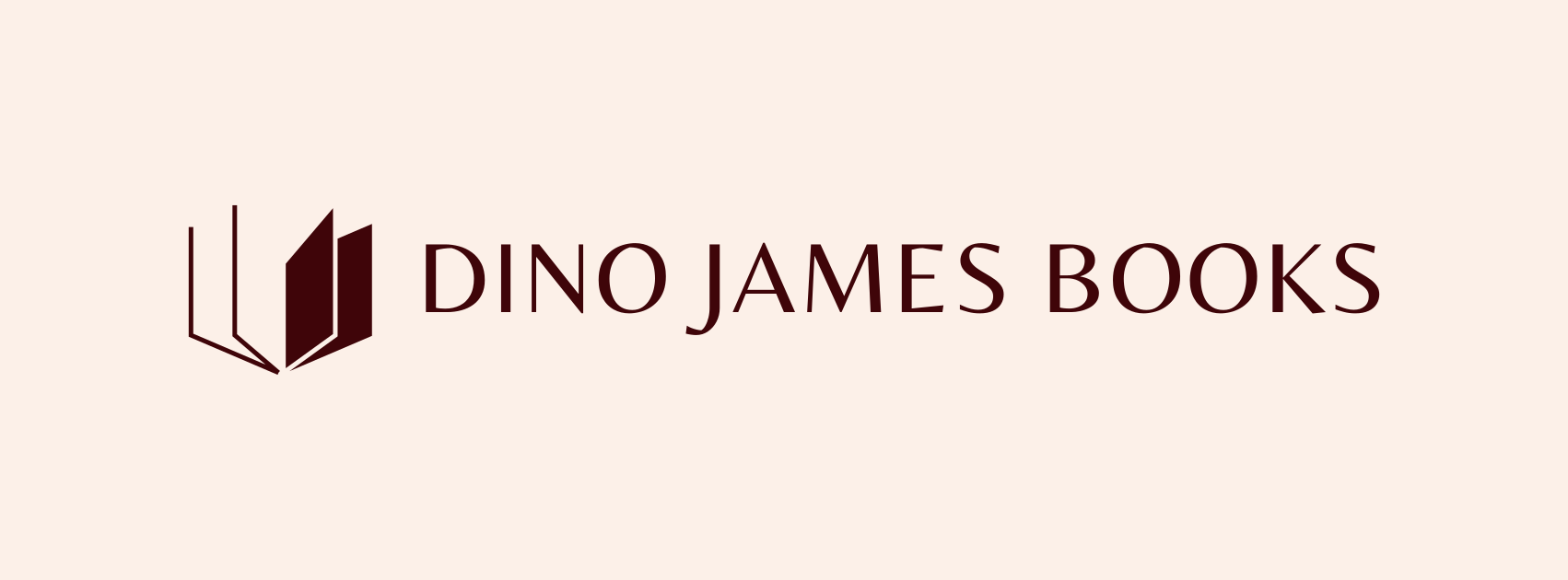Guilt is the ego’s favorite weapon. Subtle or loud, buried or broadcasted, it seeps into our relationships, our choices, our spirituality, and even our dreams. It convinces us that we are bad, broken, and unworthy—not just because of what we’ve done, but because of who we are. The ego whispers that guilt is a necessary price for mistakes, that it’s proof we care, and that it somehow purifies us.
But A Course in Miracles calls guilt what it truly is: a block to love, and a false belief that can be undone.
The Course teaches:
“Guilt is always insane.”
“Guilt is the sole cause of pain in any form.”
“Guilt is the source of all that is evil.”
These are strong words—but they are not meant to condemn. They are meant to free us.
We’ve been trained to think guilt is virtuous. That it keeps us humble. That it motivates us to do better. But in truth, guilt keeps us stuck. It locks us in a cycle of self-punishment and fear, making real healing almost impossible. Guilt says: “You are too flawed to deserve love.” And once you believe that, it becomes very hard to let love in—or let it out.
But here is the miracle: Guilt can be undone. Not earned away, not worked off—undone.
The Course doesn’t ask us to atone in the traditional sense. It asks us to question the very belief that we are guilty. Because it says that what we truly are—Spirit, Light, Creation itself—can never sin. Only illusions can seem to be guilty. And illusions can be corrected.
In that light, guilt is not a spiritual signal—it is a call for healing.
We carry guilt like armor, believing it protects others from our mistakes and protects us from judgment. But it does the opposite. It makes us judge ourselves constantly, and that inner judgment spills outward. We become less patient, more defensive, more afraid to connect. We lash out or withdraw. We try to hide our guilt behind busyness, achievements, or perfectionism. But underneath it all, the wound persists.
I know this well. I’ve carried guilt for words I didn’t take back. For chances I didn’t pursue. For moments of failure, for not doing more, for doing too much. Guilt wrapped itself around my memories and tainted my joy. For years, I believed that if I felt guilty enough, I was somehow making things right.
But guilt never brought healing. It only brought shame. It didn’t fix the past. It froze the present.
Eventually, I came to see what the Course had been telling me all along:
Guilt is a choice. And I could choose again.
Not by denying my mistakes, but by seeing them differently. By giving them to Spirit—not for punishment, but for reinterpretation.
The Course teaches that the only real mistake is the belief in separation from God. Everything else flows from that error. And so, forgiveness becomes the process of letting go of guilt—not just toward others, but toward ourselves.
It says:
“You are not really capable of being hurt. You are not really capable of hurting others. You are as God created you.”
What if that were true?
What if guilt was not a sign of conscience, but a sign of forgetfulness?
What if our worst moments came not from evil—but from fear?
What if every so-called sin was a cry for love, misunderstood even by the one crying?
When you shift your perception this way, something incredible happens: the grip of guilt begins to loosen. You start to see your past with gentleness. You stop defining yourself by your wounds. You realize that your value was never in question—only your awareness of it.
This doesn’t mean you ignore your impact. It means you correct without condemning.
You make amends, if guided, not to pay a debt—but to release a burden.
You forgive yourself not because you deserve punishment, but because you deserve peace.
The Course invites us to say:
“I made a mistake. But I am not the mistake. I am still as God created me.”
This is the undoing of guilt. Not erasure of memory, but restoration of truth.
And when guilt falls away, love flows in.
You become more compassionate—not because you feel guilty, but because you remember your oneness with others. You become more present—not because you’re trying to prove your worth, but because you’re no longer dragging shame behind you. You become more open to joy—not because you’ve earned it, but because you’ve stopped blocking it.
And that is the invitation of this teaching. Not to grovel. Not to punish. But to remember.
You are not your past.
You are not your errors.
You are not the guilt you carry.
You are love.
You are light.
You are whole.
And that has always been true.

